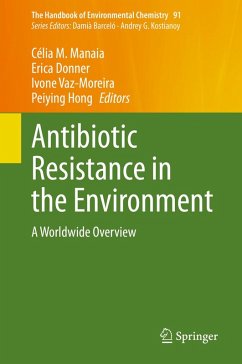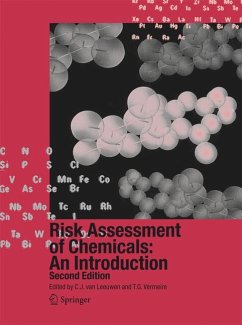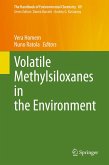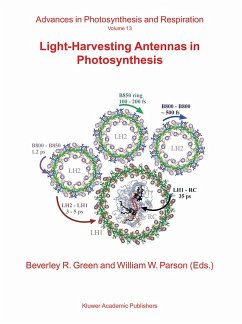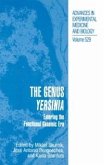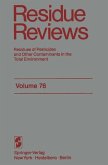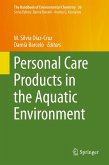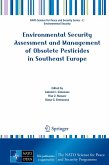This book provides a multidisciplinary review of antibiotic resistance and unravels the complex and interrelated roles of environmental sources, including pharmaceutical industry effluents, hospital and domestic effluents, wildlife and drinking water. Antibiotic resistance is a global public health issue in which the interface between humans, animals and the environment is particularly relevant. The contrasts seen across different environmental compartments and world regions, which are due to climate, social and policy differences, mean that this problem needs to be analyzed from a multi-geographic and multi-cultural angle. Bringing together contributions from researchers on different continents with expertise in antibiotic resistance in a range of different environmental compartments, the book offers a detailed reflection on the paths that make antibiotic resistance a global threat, and the state-of- the-art in antibiotic resistance surveillance and risk assessment in complex environmental matrices.
Dieser Download kann aus rechtlichen Gründen nur mit Rechnungsadresse in A, B, BG, CY, CZ, D, DK, EW, E, FIN, F, GR, HR, H, IRL, I, LT, L, LR, M, NL, PL, P, R, S, SLO, SK ausgeliefert werden.

